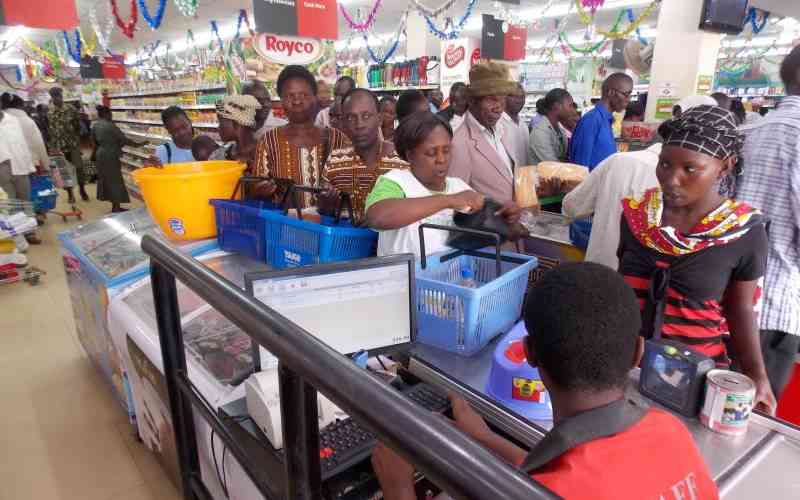×
The Standard e-Paper
Smart Minds Choose Us

In the three months to March 2024, the consumer spending index fell by five per cent to 110 from 116 in the final quarter of the previous year, new data shows.
This is according to the ICEA Lion Asset Management's (ILAM) first quarter 2024 Consumer Spending Index, which also showed that individual spending increased during that period.







